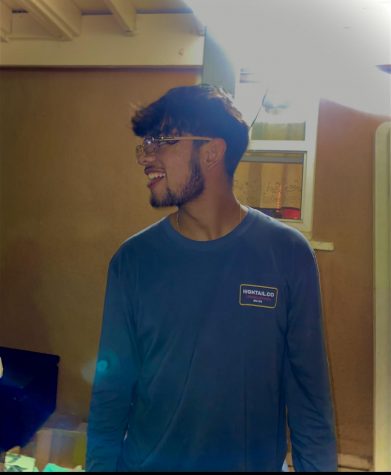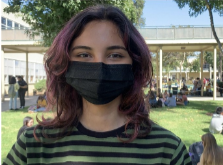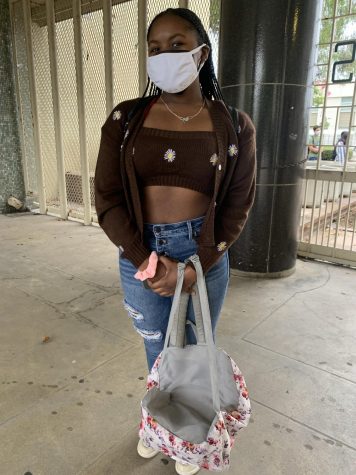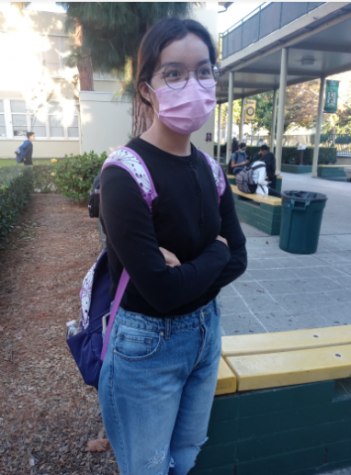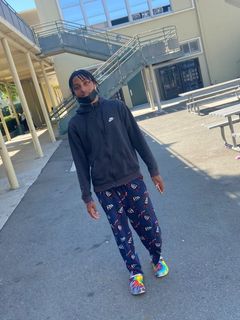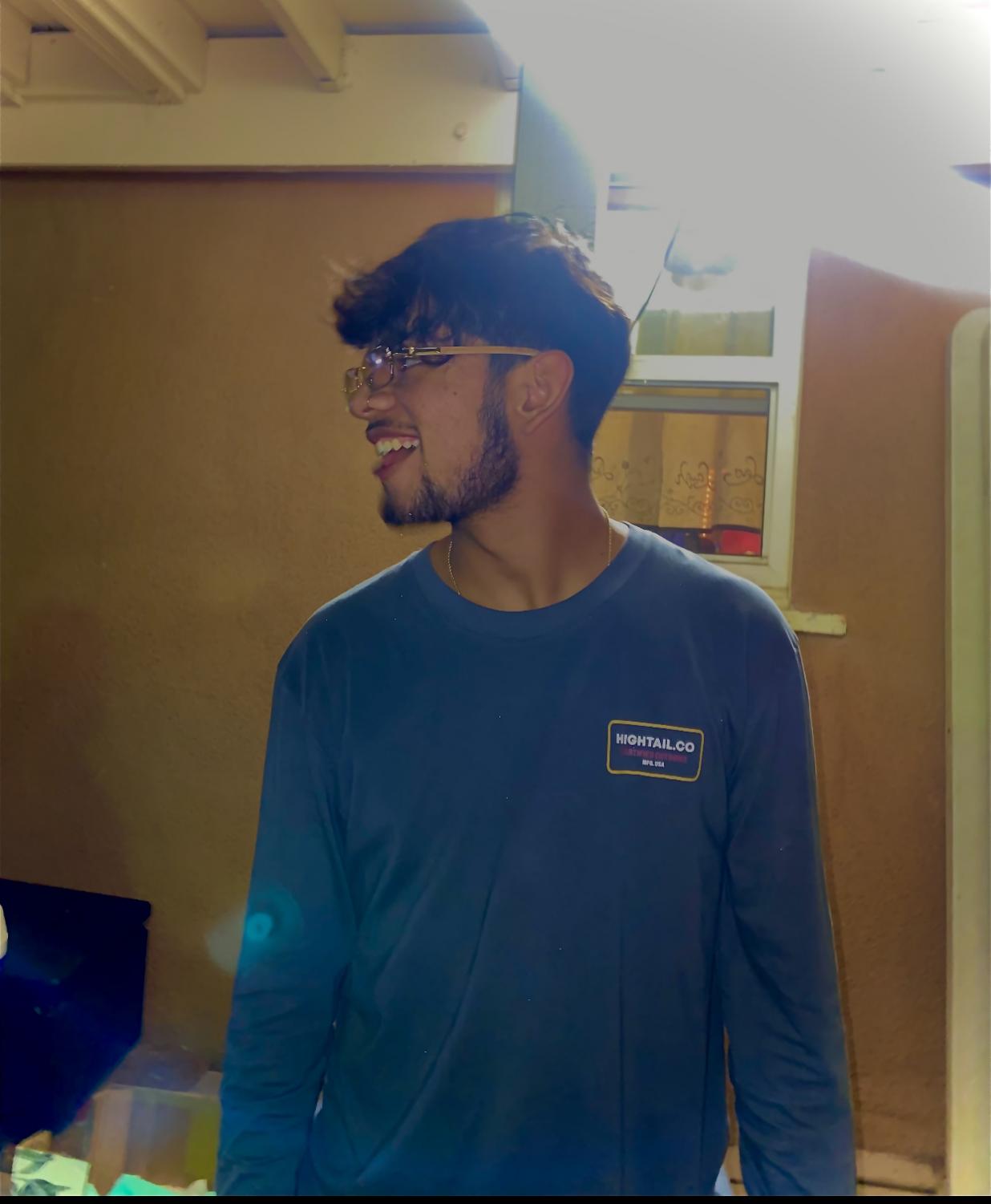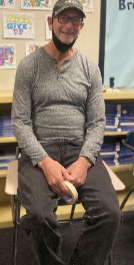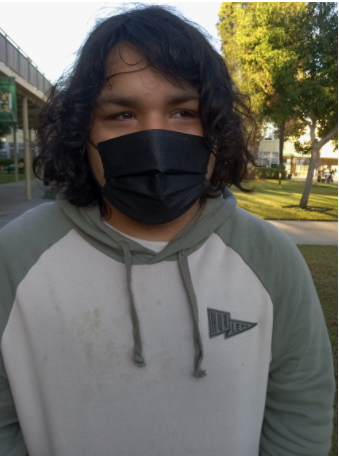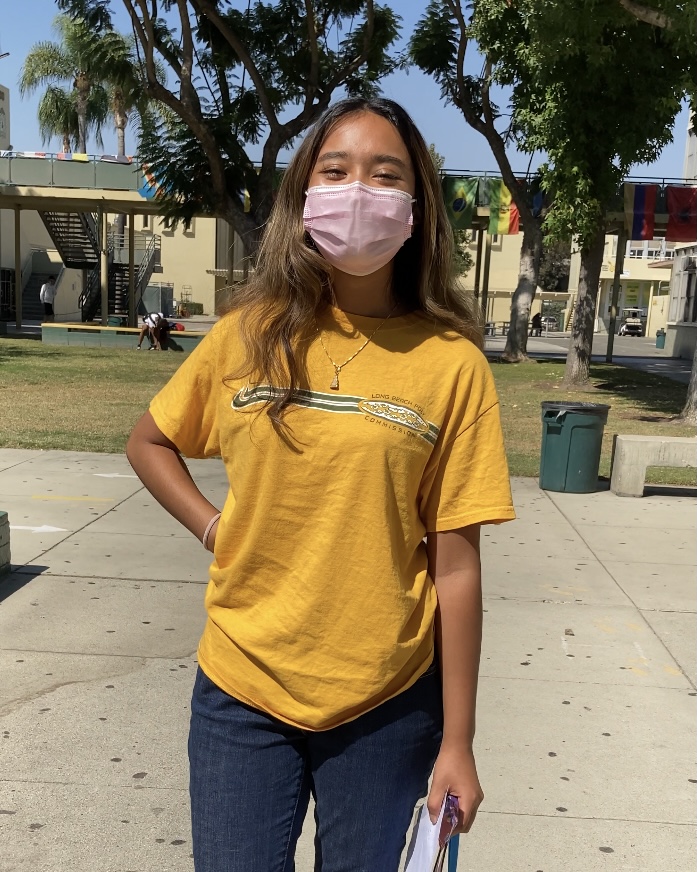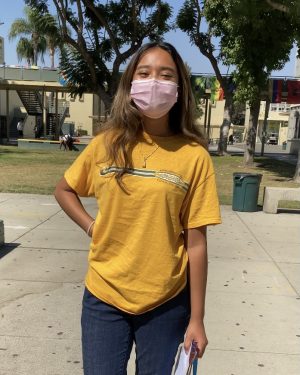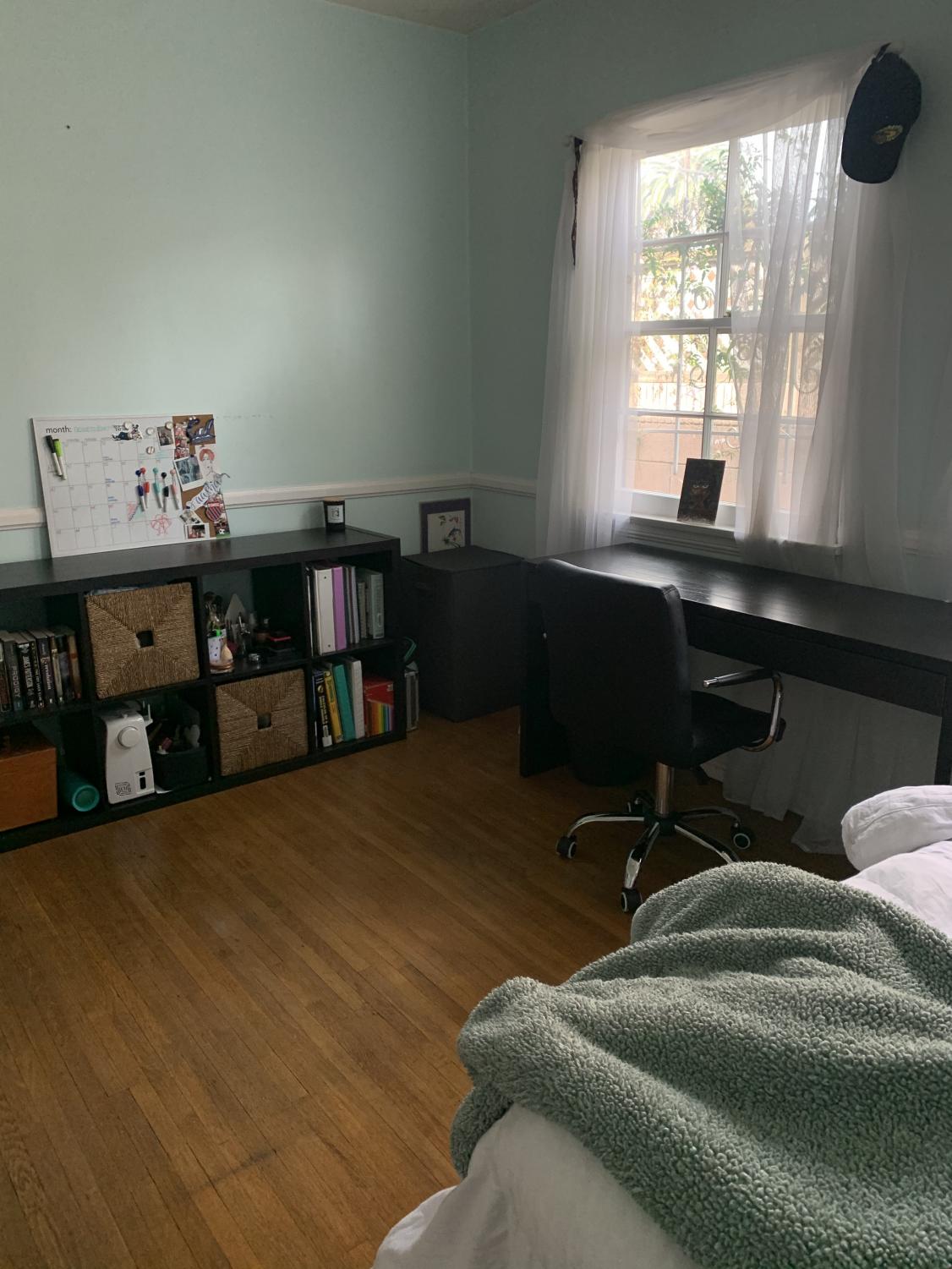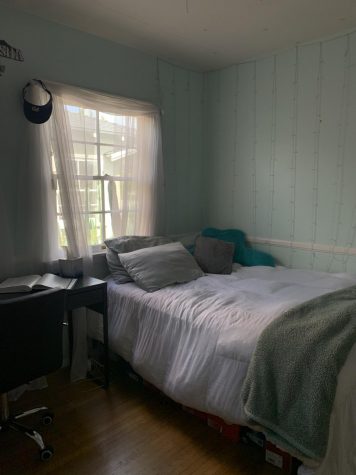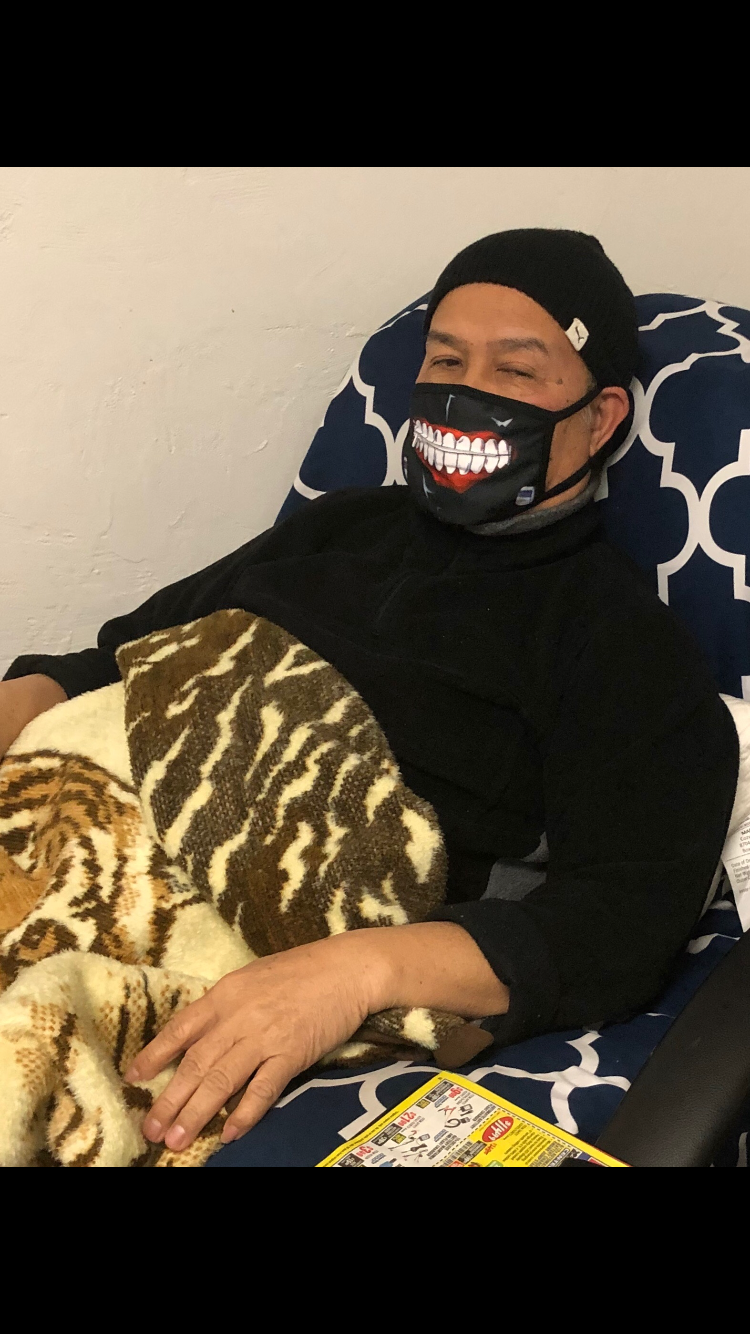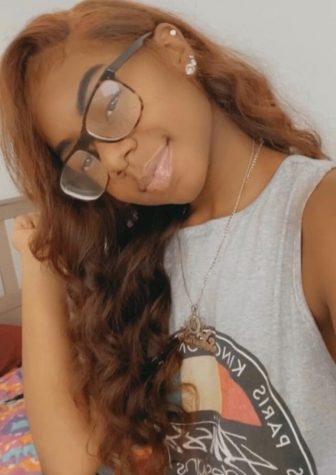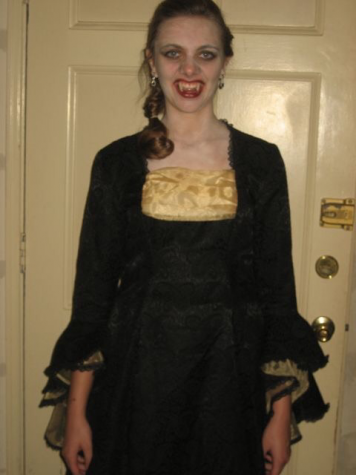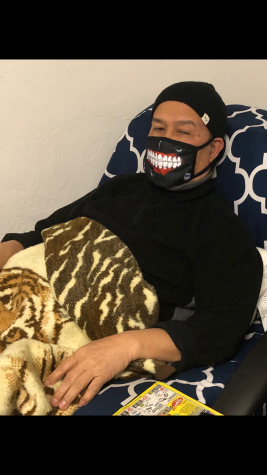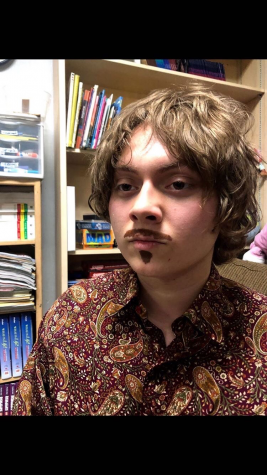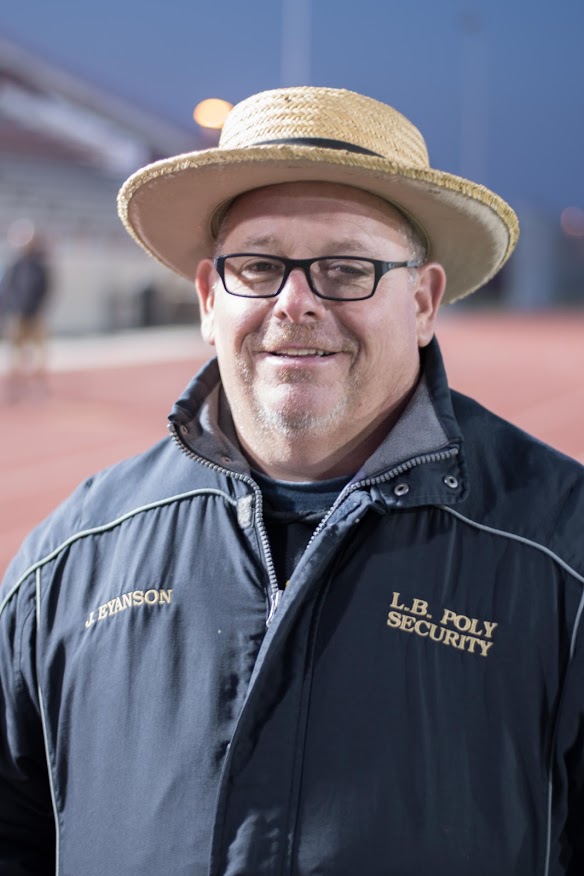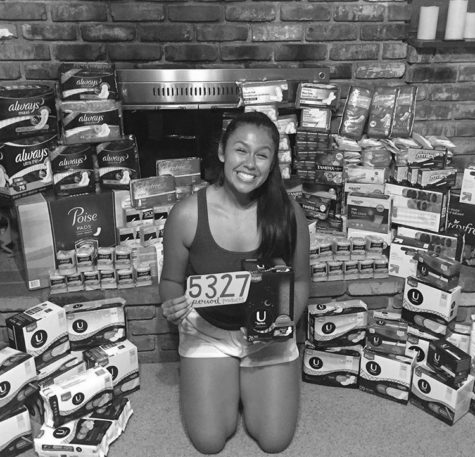With the end of every school year comes the idea of uncertainty of what’s next, and how you might get there, epically for the seniors of the 2020-21 school year. Steps can be taken to complete a college application or file for student aid or loans, but choosing what to do for the rest of your life is a strenuous decision that will have an impact on the rest of your life. Questions fly through the air and, sometimes it’s hard to find answers.
Listed below are ten general questions that might help you choose which degree you might pursue to get the job you want:
1. What are the levels of college degrees?
College degrees have four major categories for degrees: Associate’s, Bachelor’s, Master’s, and Doctoral. The degrees on their own can take two to eight years to complete depending on the degree you chose, and the field you’re going to study. Associates Degrees usually take around two years to complete. Both Bachelors and Masters Degrees can take anywhere from two to a cap of six years to complete, and a Doctorate or Ph.D. takes at least four years to complete.
2. Which college degree should I get for my field of study?
The college degree you get is based entirely on what you want to do with it, and how far you think you’ll be able to go with it. Some are content with an Associates Degree, and the limited knowledge that might come with it. Many, however, would recommend a Bachelor’s Degree at least, to gain the basic knowledge of the field you’re studying. A Master’s degree is also a decent choice to achieve for any field of study, and would only require an extra year or two of study. A Doctorate of Ph.D., however, is usually reserved for medical degrees and those going into the intensive or extensive field of study, and would not be recommended by many to achieve.
3. Is it good to get a Doctorate degree?
Of course, you can get a doctorate degree, but whether you should is an entirely different matter. By getting the credentials you affirm that you know exactly what you’re talking about, but in most cases, while you’re working on getting your doctorate or Ph.D., your peers who only went for a bachelor’s or master’s degree may have already advanced and established your careers. All-in-all a doctorate or Ph.D. is not recommended. For many medical professions, however, and professions like researchers and college professors, a Ph.D. is mandatory.
4. Can/Should I Double Major?
Double majoring is a popular choice if both majors you want to obtain are close to are nearly the same profession, Like a Finance and Accounting double major, or the majors for Engineering and Mathematics. Having this extra knowledge for your field can help with gaining an internship or a job.
Many colleges have a chance of double majoring as well, as well as pre-made schedules for classes and possible internships to allow students to complete a double major within four/five years. Double majoring is a good idea if there’s a second major that you may need to make it further into your career.
5. What is a Minor?/Should I Get a Minor?
A minor is a second, smaller degree that you can achieve along with your major. If there is a second topic or set of classes that you may want to take that does not pertain to your chosen major enough to consider double majoring, a minor is a good choice. On its own, it’s possible to gain a minor in three years, but it is impossible to obtain a minor without simultaneously participating in a degree program of some sort. A minor cannot be obtained on its own. You can, however, obtain multiple minors as long as you’re actively working towards your major.
6. What happens if I drop out of my degree?
Dropping out of a degree program can have a very selfish or selfless reason, but regardless of why, not many hear about the aftermath unless they drop out themselves, or they hear it first or second hand. If you drop out of a degree program, you still have all the credits of any classes you finished and passed while getting your degree, but under no circumstance can you claim that you completed your program. It also might be a small scuff on your academic record, but if you dropped due to personal or familial reasons, it doesn’t matter why you needed to drop. However, getting back into school to finish your degree may be difficult, and transferring your degree to a different school may be even more difficult.
7. Can I get a third Major?
There is no limit on how many degrees any person can get, regardless of what they are or what they may be used for. The pursuit of education is a noble goal, and no college can bar you from getting as many degrees as your heart desires. However, after you fulfill graduation requirements for a bachelor’s degree, you will no longer be eligible for federal education grants.
8. How would my degree be useful?
The main goal of getting a degree would be proving to your employer and your peers that you understand what you’re talking about and that you can be trusted with the part of you job that pertains to your degree What you get your degree for, or the broad ways you can use your degree, can also be useful. If you get a degree that can be used for a wide variety of jobs, it gives you the option to choose which job you want to do.
9. Can I continue to the next degree if I stop at an AA or Bachelors?
If you stop at an AA or Bachelor and take a break from schooling, it’s possible to go back and advance your knowledge or the degree and your knowledge to a Bachelors or Masters. Each degree is a type of “stepping stone”, meant for the knowledge you earn to lead you to the next step. It’s always a recommendation to advance your degree to your own desire. Though the time you may take between getting one degree and taking the step to get the next degree may hinder the knowledge you remember and can affect how fast you may be able to obtain a Bachelors or Masters. It can also make it harder to go back to school because in the time off you might get a job, get married, or have kids, all of which makes it harder to go back to school!
10. Do I Have to get a degree if I want to take college courses?
Some colleges and universities may require you have the main goal of earning a degree to take classes at their school, but many community colleges have no requirement of getting a degree to expand your pool of knowledge, though not an ivy league school, any Community college or university is a good source of higher-grade classes for young adults wanting to take leisure classes, adults who want to expand their knowledge, or elders who want to get back into studying.
